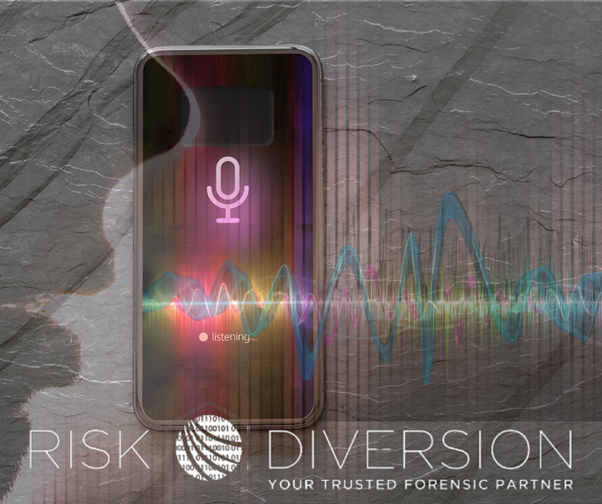Challenges during the investigation of cybercrime
Cybercrime is a type of crime that doesn’t receive the attention one might expect, due to the seriousness and magnitude thereof one would expect an almost daily news update on the various threats. These crimes are not only happening at the local station or at the cluster level but frequently on a national and most often on an international level. These crimes are costing our country hundreds of millions of rands each year. These funds are leaving our shores illegally. There are different types of cybercrimes and even the way of investigating them differs.
One such crime type can be categorized as eCommerce crimes, which is nothing less than fraud that is being committed by making use of a computer to either connecting to the Internet web pages, email accounts, chat rooms or online advertising and auction sites. It is estimated that in 12 months leading up to February 2017, R 37.1bn was spent on online shopping in South Africa. Some research revealed that up to 58% of adults that are using the Internet are involved in online shopping and it was forecasted that by 2018 R 53bn would be spent on online shopping in South Africa. This is due to the fact that the traditional way of doing business in shopping centers with your local community as clientele is getting too expensive for the number of customers you reach whilst .With eCommerce, one only needs access to the Internet and you have the whole world as your client. As technology advances the way we do our everyday business, so have detectives become more experienced in solving and investigating crime. Unfortunately, so did criminals, they have also become more technologically savvy in committing these crimes. Some examples of eCommerce crimes are “Non-Delivery of goods”, “Identity theft” and “Credit Card fraud”.
There is a myth doing the rounds between detectives that one needs specialized equipment and training to investigate eCommerce crimes. The truth is, one only really needs access to the internet, some experienced detectives and a willingness to conduct these types of investigations.
Some challenges investigators face during the investigation of any crime that has been committed by means of the internet is mainly the fact that you are working with an anonymous criminal. These criminals mostly use fake identities, fake or very little contact information, fake credit card information and are hiding their Internet Protocol (IP) addresses. These are the factors that contribute in identifying and linking a specific individual to the crime making it more difficult but certainly not impossible.
The most common online eCommerce crime that our normal public are exposed to, is when perpetrators advertise some merchandise on an online classified advertisement site. A Google search revealed that currently there are more than 20 such active sites in South Africa. The perpetrator would advertise something, followed by the innocent victim who would reply on the advertisement and thereafter make an EFT payment if they are interested in purchasing what had been advertised. Usually thereafter the advertisement would disappear and so also the perpetrator with the funds that the victim had paid. Sometimes the perpetrator would go as far as requesting a deposit and in a few days or weeks would request a further amount before disappearing with the money. In most cases there is no actual merchandise.
How can one identify these types of advertisements on the online sites? It’s easy by doing some research, math’s and proper intelligence (common sense)! The research we need to perform is trying to establish the amount of advertisements that a specific individual has placed on these online sites, the number of times their specific contact number was used on these sites as well as the amount of times a specific product was advertised by this specific individual. More research would reveal to the investigator the manufacturer suggested retail price for that specific item but also for a similar new item. One must furthermore calculate the average price for that specific advertised item in order to compare the offered price with other prices offering for the same item by other potential sellers. Then last but not least, try to establish if the picture posted of the merchandise is unique or maybe was previously used in other advertisements on the internet.
There is a saying, if something is too good to be true, it must be too good to be true…
Four things to consider during an e-commerce investigation:
Standard Deviation: A measure of the dispersion of a set of data from its mean. In other words, what is the deviation in the cost of the product of interest and where is the suspected fraudulent product’s price in relation to that.
Seller Analysis: How many ads are running for a specific seller and how many previous ads did he have. Is he using the same contact information for all of them?
Product Analysis: What is the cost for a similar product if it were to be bought from the manufacturer.
Tips for Digital Evidence: Document everything you come across. Make screen shots or alternatively make use of recording software to record all your searches and processes. Use an investigation account when gathering intelligence and not your personal account.
We at Risk Diversion provide
training courses on Social Media and eCommerce Crime Investigations, feel free to
contact us if you require any further information.












